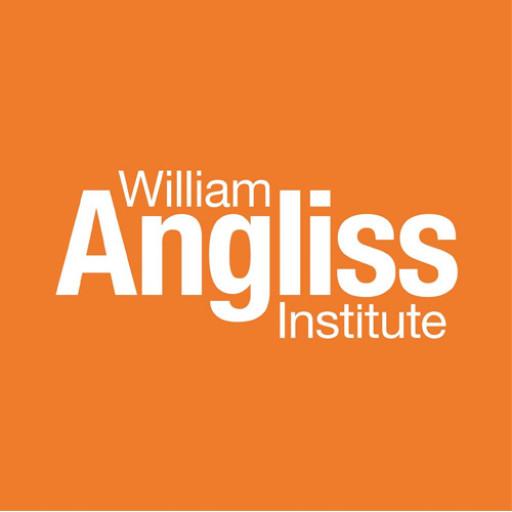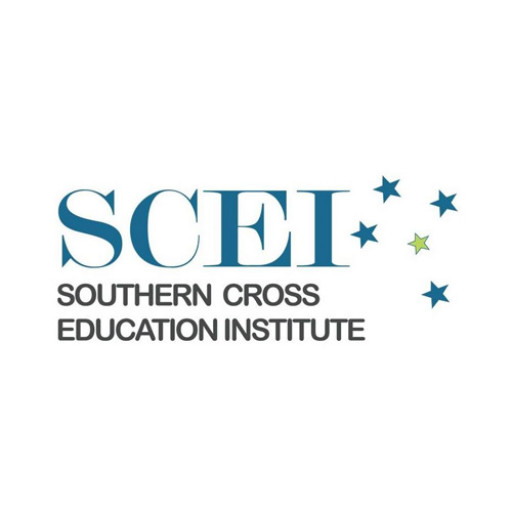This qualification reflects the function of those who use a wide range of specialist guiding skills together with a substantial thickness of subject matter knowledge to deliver tours. They operate individually or together with limited guidance from others and utilize discretion to solve non-routine problems.This qualification provides a pathway to behave as a direct in many tourism industry industries. Guides at the level usually run into tours which involve a number of products, services and sites involving the administration of excursion logistics. They are employed or contracted by multinational tour operators, out bound tour wholesalers, local tour operators, or they may possibly be owner operators of limited tourism or travel businesses.Possible job titles include:cultural guideheritage guideinterpretive guidenature-based guidetour directortour guidetour managerwalking guide.No occupational licensing, and certification or specific legislative requirements apply to the qualification during book.
The Bachelor of Hospitality Management at William Angliss Institute offers a comprehensive and industry-focused curriculum designed to prepare students for successful careers in the dynamic hospitality sector. This program covers a wide range of topics essential for managing and operating hospitality businesses, including hotel management, food and beverage services, event planning, tourism, and sustainability practices. Throughout the course, students gain practical skills through hands-on training in state-of-the-art facilities and simulated environments that mimic real-world industry settings. The curriculum emphasizes leadership, strategic thinking, and excellent customer service standards, ensuring graduates are well-equipped to meet the demands of the global hospitality industry. In addition to core hospitality subjects, students explore areas such as marketing, finance, human resources, and business management, enabling them to understand the commercial aspects of hospitality operations. The program also incorporates industry placements and internships, providing valuable work experience and opportunities for networking with industry professionals. Students are encouraged to develop innovative solutions to industry challenges, leveraging contemporary technologies and sustainable practices. The Bachelor of Hospitality Management aims to produce confident, adaptable, and ethically responsible graduates who can excel in various roles, from hotel management and event coordination to tourism development and entrepreneurial ventures. Upon completion, graduates are prepared to pursue leadership positions within the hospitality industry or further their education through postgraduate studies. The institute's strong industry links and dedicated faculty ensure that students receive a high-quality education aligned with current industry standards and future trends.
Program requirements for the Diploma of Hospitality Management at William Angliss Institute, TAFE VIC include a combination of core subjects and elective units designed to develop a comprehensive understanding of the hospitality industry. Students are expected to complete a total of 28 units, consisting of 20 core units and 8 electives, which may be chosen in consultation with academic advisors to align with individual career goals. The core units cover essential skills such as food and beverage operations, customer service, hospitality tools and technologies, hospitality workplace health and safety, and leadership and management practices. Electives allow students to specialize in areas such as event management, tourism, wine and beverage knowledge, or kitchen operations, providing flexibility to tailor the qualification to specific interests within the hospitality sector.
Admission requirements typically include successful completion of Year 12 or equivalent education, and proficiency in English language to ensure effective communication and coursework participation. Some programs may also require relevant industry experience or skills assessments, though these are generally for advanced standing or credit transfer purposes. Students are expected to undertake a practical component, which involves placement in real-world hospitality settings, enabling them to gain hands-on experience and develop professional skills. This practical placement is a mandatory part of the program, designed to facilitate industry connections and employment readiness.
Assessment methods include written assignments, practical demonstrations, group projects, and oral presentations, aimed at evaluating both theoretical knowledge and practical competence. The program emphasizes a blend of classroom learning, industry placements, and project work to ensure graduates are well-prepared for employment in various hospitality roles. Upon successful completion of the program, graduates receive a nationally recognized Diploma of Hospitality Management, enabling them to pursue employment opportunities such as hospitality supervisor, food and beverage manager, event coordinator, or tourism operator, or to further their studies in related degree programs.
International students must meet the specific visa requirements for study in Australia and may be required to demonstrate sufficient funds, health insurance, and English proficiency. The program also promotes professional development and lifelong learning, encouraging students to keep updated with industry trends and ongoing training opportunities. Overall, the program aims to equip students with both the practical skills and industry knowledge necessary to succeed in the dynamic and competitive hospitality industry, fostering professional growth, leadership, and a customer-focused approach.
Funding options for the diploma program at William Angliss Institute, TAFE VIC are designed to assist domestic students in managing the cost of their studies. Eligible students can access various government subsidized training schemes, including Victorian and Commonwealth initiatives such as the Victorian Government's Free TAFE for Priority Courses program, which offers tuition fee subsidies to eligible students for a range of courses, potentially including this diploma. In addition, students may qualify for VET Student Loans if the program is a nationally recognized Commonwealth Register of Institutions and Courses for Overseas Students (CRICOS) registered qualification, allowing them to defer a portion of their tuition fees and repay through the tax system after earning a certain income level. Private funding options may also be available, including payment plans arranged directly with the institute, allowing students to spread the cost of their studies over manageable installments. Scholarships and bursaries may be offered by William Angliss Institute to outstanding students or those facing financial hardship; interested students should consult the institute’s official website for current scholarship opportunities and application procedures. Some students may also consider external sources such as education credit providers or community and charitable organizations that offer educational grants. It is advisable for students to contact the institute’s admissions and financial services departments to obtain detailed, up-to-date information tailored to their individual circumstances. Prospective international students generally need to secure Overseas Student Health Cover (OSHC) and pay tuition fees upfront; however, the institute provides comprehensive guidance on fees, payment options, and potential financial assistance programs specifically for international students. Overall, the funding options available aim to make vocational education accessible and affordable, supporting students throughout their learning journey, whether through government subsidies, loans, scholarships, or flexible payment arrangements.
The William Angliss Institute offers a comprehensive range of programs focused on hospitality, tourism, culinary arts, event management, and food studies. The institute is renowned for its practical approach to education, providing students with industry-relevant skills and knowledge to succeed in competitive fields. The programs are designed to combine theoretical learning with hands-on experience, enabling graduates to seamlessly transition into the workforce. Students have access to state-of-the-art training kitchens, dedicated food and beverage outlets, and industry placement opportunities, ensuring they develop both technical proficiency and professional confidence.
The curriculum emphasizes contemporary trends in hospitality and tourism, including sustainable practices, customer service excellence, and innovative culinary techniques. The institute collaborates closely with industry partners, which allows students to participate in real-world projects, internships, and work placements. These experiences are crucial for understanding the operational and managerial aspects of hospitality businesses, preparing students for supervisory and leadership roles after graduation.
William Angliss Institute also offers pathways to further education and specializations, catering to diverse interests within the hospitality sector. The programs are designed with flexibility to accommodate part-time study or online learning options, supporting students from various backgrounds and locations. The institute emphasizes cultural diversity and global outlook, reflecting the international nature of the industry.
In addition to technical skills, students are encouraged to develop soft skills such as communication, teamwork, and problem-solving, which are vital for career advancement. The faculty members are experienced industry professionals who bring current insights and best practices into the classroom. Overall, the William Angliss Institute's programs aim to cultivate industry-ready graduates equipped with both the practical skills and professional competencies necessary to excel in Australia’s vibrant hospitality and tourism sectors.







